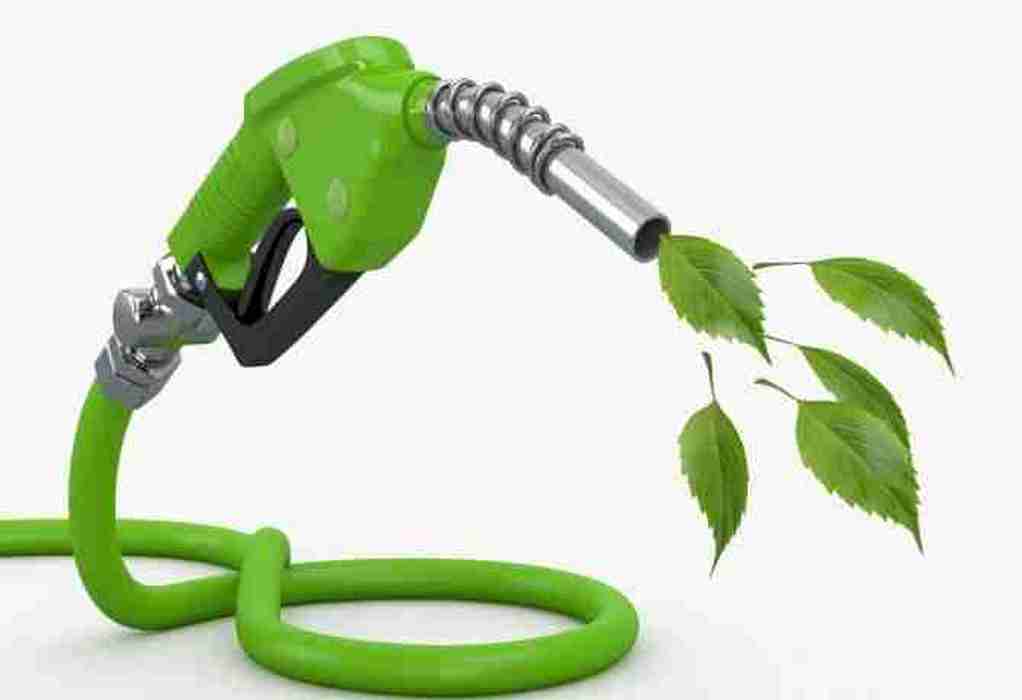The European Maritime Safety Agency (EMSA) has released two papers which examine the potential of biofuels and ammonia, respectively, as bunkers.
Carried out by ABS, CE-Delft and Arcsilea, the biofuels study, Update on Potential of Biofuels for Shipping, found that despite existing barriers – including issues concerning availability, sustainability, suitability, cost and regulations – the uptake of biofuels ‘is expected to increase as it is the only readily available option at the industry to start its decarbonisation.’
The study authors noted that biofuels benefit from their drop-in nature, the fact that many of the existing maritime regulations can be transferred from their fossil equivalents and that the risks associated to using biofuels are similar to those of conventional fuels.
Although not seen as a major barrier, the authors determined ‘it would be beneficial to increase knowledge sharing and update current regulations to explicitly and homogenously account for biofuels,’ which could provide ‘more clarity and reduce the administrative burden and concerns’ from flag States, class societies, shipowners and operators when considering biofuels.
Meanwhile, Potential of Ammonia as Fuel in Shipping, also carried out by ABS, CE-Delft and Arcsilea, found that ammonia ‘presents a series of advantages’ which make it a ‘promising fuel to support the decarbonisation of shipping.’
Ammonia, the study found, can ‘drastically’ reduce the GHG emissions on a well-to-wake basis, provided it is produced using sustainable energy sources.
‘Ammonia is produced and has been used in large quantities in other industries for decades, where there is available knowledge on its handling, storage and operation. The production of ammonia based on the Haber-Bosch process and electrolysis is well-known and established,’ the study found.
The authors noted that as a cargo, ammonia is a well-known product to the shipping industry where is has been transported in LPG carriers subject to already existing regulations such as the IGC code.
‘Based on the growing interest for ammonia fuelled vessels and on announced projects to produce green ammonia, it is fair to conclude that the uptake of ammonia as a marine fuel will likely take place,’ the study found.
However, there are still barriers which the industry, engine manufacturers, producers and other industry segments, as well as policy makers and regulators, need to address in a collaborative manner, the study noted.
‘Despite the extensive experience in its handling, there is little knowledge on using ammonia as a fuel. Being it toxic and corrosive, there are some fair concerns related to the safety of using ammonia as fuel onboard ships and their engines.’
Accordingly, further work on understanding these risks and their possible mitigation is needed, the study found.
‘Additional guidelines and regulations are needed bearing in mind the increased number of operations (such as bunkering) and human interaction, when the uptake of ammonia takes place.’
The study also examined the prospects for green ammonia as marine fuel.
‘The development of relevant effective and clear decarbonisation policies to promote the uptake of green fuels in general needs to be fostered, in the absence of which green ammonia may not be commercially competitive. Indeed, without further market demand for green transportation or implementation of market-based measures, the use of green ammonia as a fuel may remain very onerous.
‘At the same time, as green ammonia production will highly depend on green electricity, which will also be in very high demand by all other industrial sectors, there will be a need to ensure that sufficient certified green electricity is available for and used by all industrial sectors.’ The authors concluded: ‘Ammonia shows a good and promising potential, but to become the alternative fuel to support the decarbonisation of shipping, early action is needed to unblock all the barriers opposing its uptake.
Tags: ABS, Ammonia, Arcsilea, Biofuels, CE-Delft, EMSA



Recent Posts
Egypt Advances Maritime Decarbonisation with National Action Plan Backed by IMO
Fuelre4m unveils VIRDIS: A predictive AI breakthrough in global fuel distribution, powered by Five9nes
EXMAR Launches First Ammonia-Fueled Gas Carrier at HD Hyundai Mipo
Japan-Backed Green Hydrogen Centre Planned for Uttar Pradesh
JSW Group Outlines Major Push into Commercial and Heavy Electric Vehicles
Lloyd’s Register Grants Approval in Principle for KSOE’s Multi-Fuel Newcastlemax Bulk Carrier Design
Eureka Shipping Deploys HVO-Ready Cement Carrier Tamarack for Great Lakes Operations
Terntank Places Repeat Order for VentoFoil Wind Propulsion Units on Methanol-Ready Hybrid Tankers